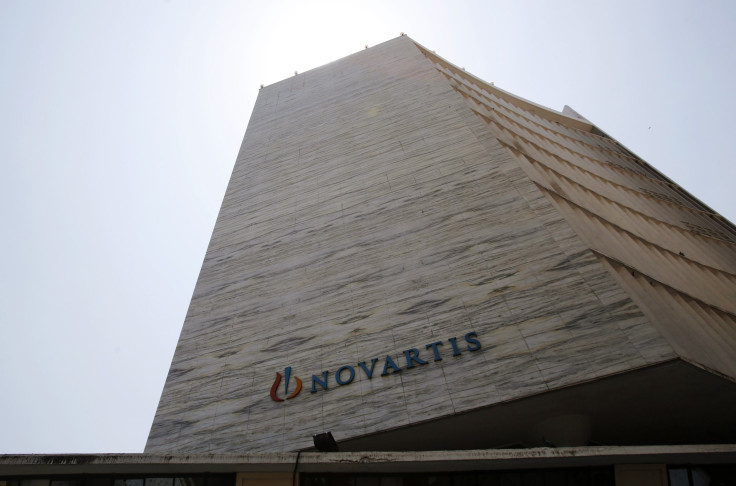Novartis Rolls Out Access Program For Cheap Medicines To Treat Chronic Diseases In Select Countries

Just days after critics lambasted the chief executive of Turing Pharmaceuticals for abruptly raising the price of a prescription drug by more than 5,000 percent, a major pharmaceutical company is introducing a pricing scheme that could arguably have a much greater impact on global public health. Novartis AG said on Thursday it will provide 15 drugs that treat chronic diseases for just $1 per treatment per month to government, nonprofit organizations and public healthcare providers in low-income countries.
The company will distribute patented and generic drugs for diabetes, cardiovascular disease, breast cancer and respiratory illnesses through a new program called Novartis Access. Novartis, based in Basel, Switzerland, will offer three brand name medicines including vildagliptin for diabetes as well as 12 generic drugs from its subsidiary Sandoz such as furosemide for heart failure, ramipril for high blood pressure and tamoxifen for breast cancer in this arrangement. All the drugs the company will provide are listed on the World Health Organization’s Essential Medicines List. It will first launch sales in Kenya, Ethiopia and Vietnam and may expand to up to 30 countries.
While many companies, including Novartis, have donated medications for malaria, tuberculosis and neglected tropical diseases to low-income countries, this form of charity has its limits. In a fact sheet about the new program, Novartis stated that donations are important “but not scalable enough to make a lasting impact.” The company said it expects Novartis Access to be “commercially sustainable” over the long term. That means if all goes well, patients in these nations could reap the benefits of deeply discounted wholesale rates for the rest of their lives.
“This program takes a novel approach to addressing the rising tide of chronic diseases in parts of the world where people often have limited access to healthcare,” Joerg Reinhardt, chairman of the board of Novartis, said in a statement. “We know we will need to keep an open mindset and learn as we progress on this journey.”
About 28 million people die from noncommunicable diseases each year in low- and middle-income countries. Cancer, heart disease, diabetes and respiratory diseases make up the majority of these deaths, and the incidence of these diseases is expected to increase by 17 percent over the next decade. So while startup Turing shocked the health scene with the sudden price hike on its drug Daraprim, which treats a parasitic infection and was prescribed to about 9,000 patients last year, Novartis’ announcement could have far greater implications for global health.
Novartis’ announcement came just before the United Nations Sustainable Development Summit, which kicks off Friday in New York. There, global leaders will discuss access to healthcare as among the key issues facing the wellbeing of poor and disenfranchised populations.
© Copyright IBTimes 2025. All rights reserved.






















